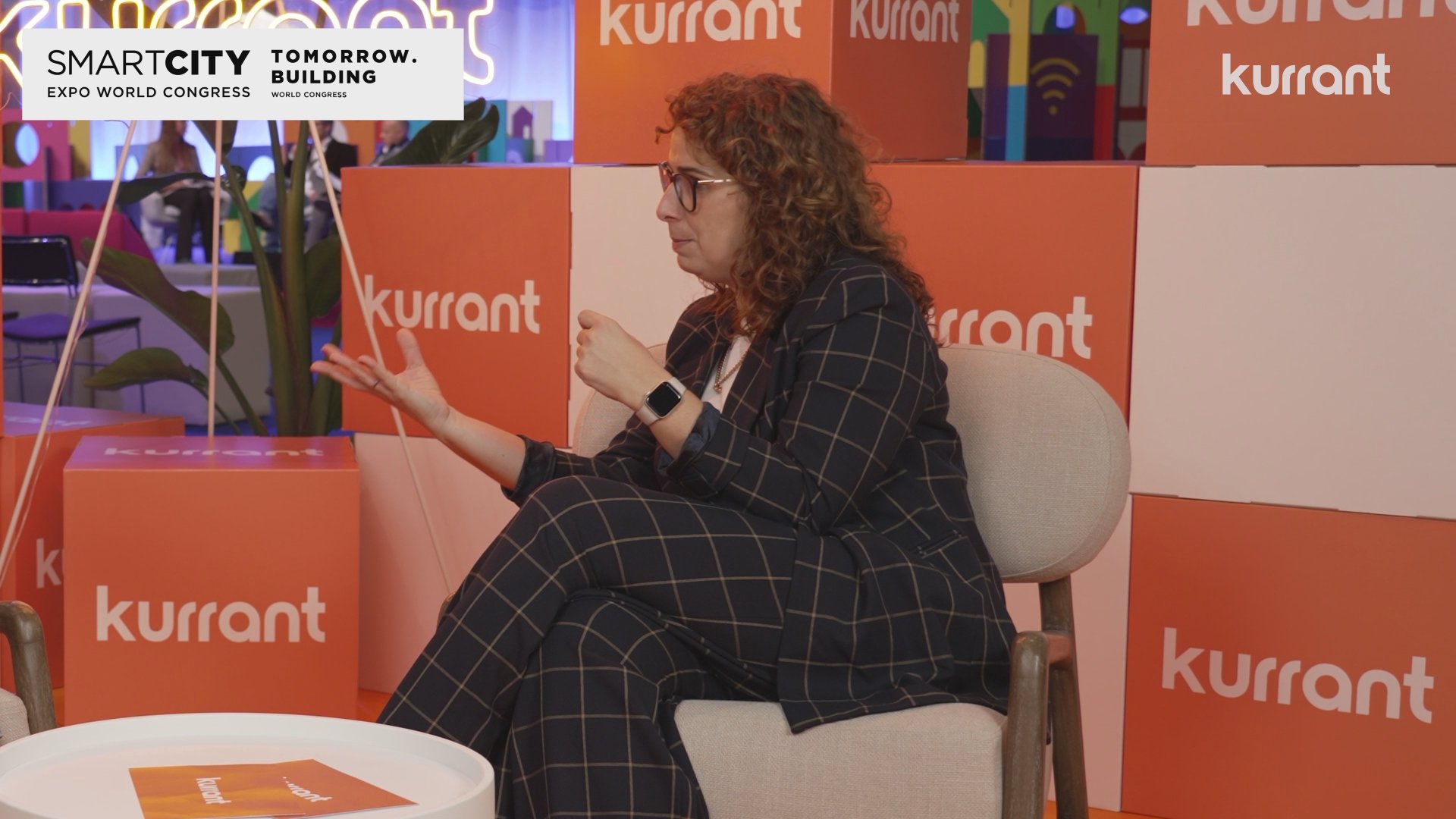Author | Marcos MartínezThe urban government concept has changed in recent decades, and technology has played an important part in terms of connecting citizens with the different city councils. Today, cities around the world are promoting citizen participation and part of their budget is being managed based on policies put forward by residents themselves.Madrid, recognised by the UN for its Decide Madrid (Madrid Decides) participation portal, is one of those cities. We talked to the man behind this project, Pablo Soto. A Madrid City Council Member, he is the Councillor for Citizen Participation, Transparency and Open Government.
There is much talk about Smart Cities. How would you define a smart city?
The term smart city is really a marketing term, with a positive intrinsic value: intelligence is always positive, and no city wants to be stupid. But we need to delve a little deeper and examine what it really refers to, what is the content behind the term, what kind of city do we want to build and how will we do it?The term is generally used to designate the use of technologies with which to collect data about how a city functions, its public services and citizen engagement; but not necessarily with the aim of democratising cities. It should be used so that decision-making authorities have more information for making their best possible decisions.However, decisions are not better or worse based on the amount of data available, but on the decision-makers themselves and the interests behind such decisions. We foster a somewhat more holistic approach to the meaning of Smart City. It is not so important for politicians to have access to all the data that can be digitalised, but how technologies are used to improve institutions.
You use large quantities of data to improve the citizen experience. Is this a global trend?
The use of data is a global trend. Sometimes to offer improved public policies and others to pursue goals that may not align with the public interest. The access provided by new technologies is not bad as such, it is neutral. Internet is a tool that can be used for millions of people to interact, but also for the opposite.
Why are citizens important when designing a city?
We know that involving citizens in decision-making policies enhances those decisions. The arguments used over the years against community participation and direct democracy processes are that people are not prepared, that experts are needed to make the decisions for them.This has been absolutely refuted by scientific literature, which has proved that better decisions are made, even when these are complex or technical. The capacity of the decisions adopted by political representatives to reach the established goals compared with the decisions made through citizen collaboration is quantifiable.
Participatory budgeting entails reducing public debt. Why?
In places around the world in which citizens have the capacity to directly take part in decision making (laws, budgetary items…), less debt is generated. Specifically, 7% less debt. Spending is more rational.The reason is obvious: politicians have specific interests related to elections. As elections approach, specifically during the last year of office, politicians generate higher spending and public debt. Opinion surveys also play a part: the more unfavourable they are toward the politicians, the more spending increases.Citizens are not tied to election cycles. They are not urged to spend vast amounts that may later prove to be unnecessary. Their sole objective, looking to the medium and long-term (which political representatives find hard to do), is to improve the lives of people within their community, together, in the city in which they live. Decisions made under this perspective are better.
In your application, Avisos Madrid, residents can inform the city council of any incidents. How does it work?
This platform is integrated within the alert system used by the Madrid City Council since 2005. There was a system available to citizens to report any incidents in public spaces. The problem was, this system was totally unidirectional, when a resident submitted an alert it was like launching a bottle into the ocean.The resident didn’t know when the alert would get there, what was happening, if there were more people submitting the same alert… The system was a “top-down” institutional philosophy, in which the subject almost has a subordinate relationship with the administration. As part of Madrid’s smart city project, we decided to delve deeper into citizen and council interaction.Residents are now able to fully monitor the progress of incidents. They are also multichannel: the app uses the same system as the website, the city council’s phone line, submitted via customer service offices or the Twitter account. This system enables alerts to be georeferenced and viewed on a map.Citizens can see the alerts they submit, but also those submitted by others. They can add to an alert and reiterate or follow the alert. It converts a limited system, in which citizens are alone with their problems, into one that can trigger collective intelligence that provides transparency and enables the administration to identify incidents that need resolving first.
Has it helped you understand how a city works?
We learn new things every day. This tool is absolutely transversal to the city council. There are ten general associated divisions, from repairing roads to maintaining green zones, urban infrastructures or the public bicycle service. Everything you come across in public spaces is integrated within the system.There are over 40 management units, and the system continuously changes how these units are managed. Many services can be resolved within 48 hours, which is a huge success. Then there are more complex alerts with detailed assessments which, sometimes, result in changes to the public service.https://twitter.com/Lineamadrid/status/1105442951486996480
Has there been any reluctance in terms of using these mechanisms?
There has been no reluctance of any sort by the administration with regard to this type of improvement. All the services have made an effort to get involved, because it has been ingrained in our organisational culture that this will improve the city and facilitate our work. If this is done by using technology to make alert management more effective, the same resources will provide us with better results. This eradicates any reluctance.
Can you highlight a project that has come about thanks to citizen engagement?
There are hundreds of projects underway in the city, many of them are citizens’ proposals implemented by the city council. There are specific cases in which the administration has spent decades trying to resolve problems and these have been resolved thanks to citizen participation. For example, a plot of land that was a mire and which had been stagnant for 30 years. It has now been resolved.But also new public services. One of the participatory budget proposals was the creation of play centres for children in neighbourhoods. These public facilities are similar to nursery schools but without teachers or educators. The actual parents have keys and can use the facilities. This is something the administration had never thought of, an incredible idea. We now have four districts with these facilities.Images | Madrid City Council, Diario de Madrid, Avisos Madrid






















































